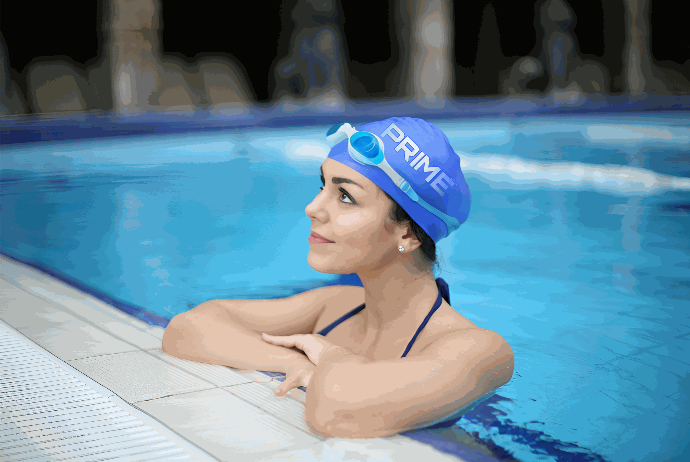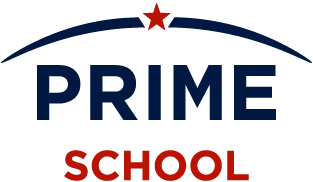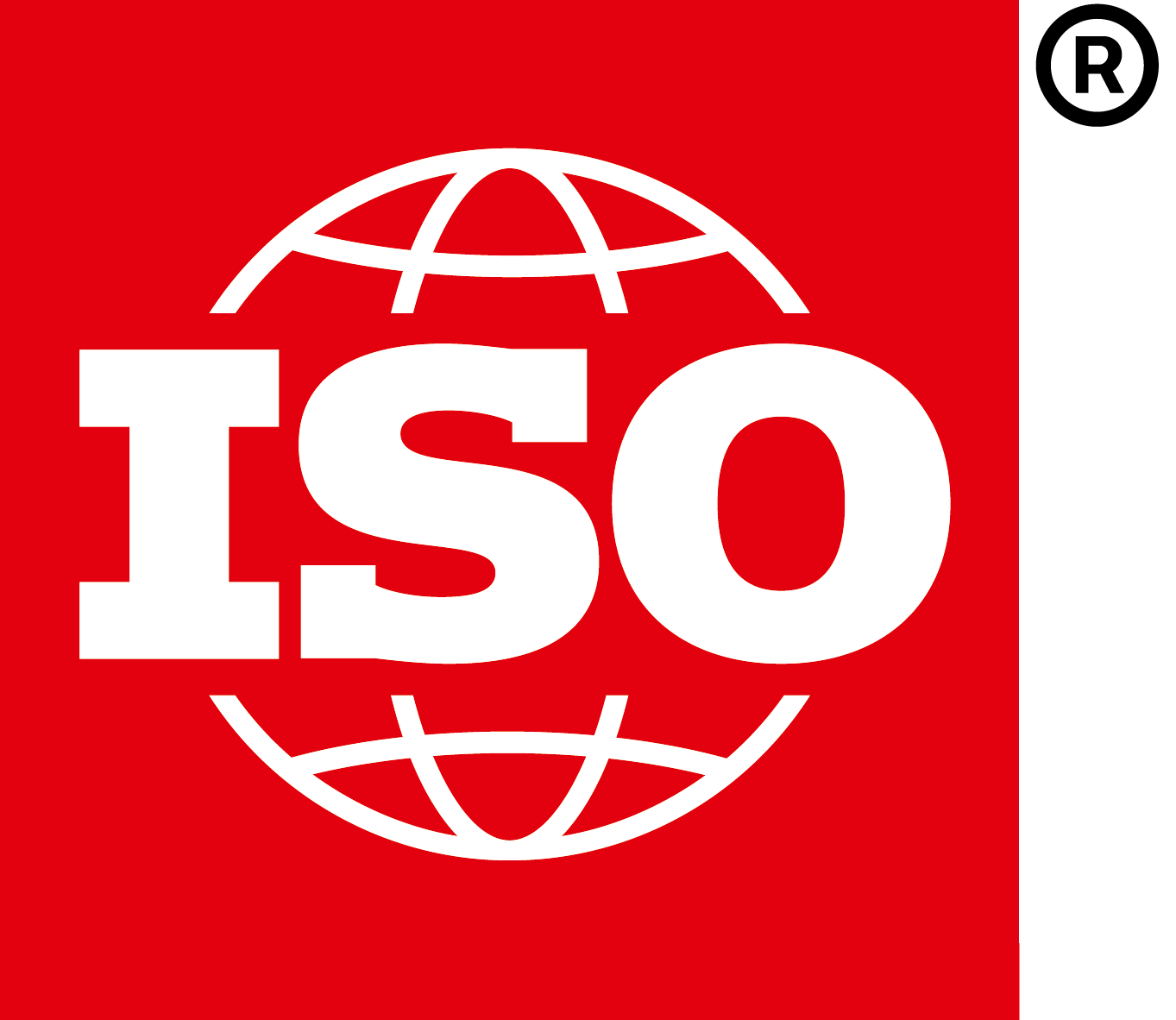Lower and Upper Secondary
Prime School offers a flexible curriculum with continuous assessment for 11 to 16 year-olds
Click on the links below to learn more about our Lower or Upper Secondary curriculum.
Lower Secondary Upper Secondary

Lower Secondary
Years 7, Year 8, and Year 9
Ages 11 to 13
(Estoril, Lisbon ans Sintra Campuses)
Prime School International stands out as an exceptional educational institution, characterized by continuous innovation, top-tier learning, state-of-the-art facilities, and a commitment to providing diverse experiences. The schools are notable for their high-quality teaching staff, modern facilities, multicultural ethos, emphasis on sciences, sports, and arts. Tailor-made approaches are also integral to addressing the individual needs of students.
Prime School follows the Cambridge International Curriculum in primary and lower secondary, offering two formats: one entirely in English and the other in bilingual mode.
Cambridge Curriculum with International Delivery:
- English as a First Language: This subject focuses on developing advanced language skills in English, including reading comprehension, writing proficiency, speaking, and listening. Students study literature, grammar, and composition.
- Science: This subject covers a wide range of scientific topics including biology, chemistry, and physics. Students learn about fundamental scientific principles, conduct experiments, and explore real-world applications.
- Mathematics: The mathematics curriculum encompasses topics such as algebra, geometry, trigonometry, and calculus. Students develop problem-solving skills, logical reasoning, and mathematical fluency.
- Art & Design:Students engage in creative activities exploring various art forms such as drawing, painting, sculpture, and design. They learn about art history, techniques, and develop their artistic expression.
- Global perspectives/History/Geography: Students study historical events, cultural developments, and geographical features from around the world. They learn about key historical periods, geographical landscapes, and societal changes.
- Music and Drama:This subject involves the study of music theory, history, and performance. Students explore different musical genres, learn to play instruments, and participate in theatrical productions.
- Physical Education: Students engage in physical activities, sports, and games to promote physical fitness, coordination, teamwork, and sportsmanship.
- ICT/Robotics: Students learn about information and communication technology (ICT) concepts, digital literacy, and computer programming. They also explore robotics principles and engage in hands-on robotics projects.
- Portuguese as a Second Language: This subject is designed for non-native speakers to develop proficiency in the Portuguese language, including speaking, listening, reading, and writing skills.
- Spanish as a Second Language: Similar to Portuguese as a Second Language, this subject focuses on developing proficiency in the Spanish language for non-native speakers.
These subjects provide students with a comprehensive and well-rounded education, covering various academic disciplines and fostering critical thinking, creativity, and cultural awareness.
Cambridge Curriculum with Bilingual Delivery
Cambridge Curriculum with Bilingual Delivery, students engage with a diverse range of subjects taught in both English and Portuguese. Here's a breakdown of the content covered in each subject:
Subjects Taught in English: These subjects are delivered entirely in English to facilitate language immersion and proficiency. Students engage with the curriculum in English, covering a range of topics and skills across various disciplines.
- English as a Second Language: Students further develop their proficiency in the English language, focusing on communication skills such as reading, writing, speaking, and listening. They engage with English-language texts and materials to enhance their language abilities.
- Science: Students learn scientific principles and concepts in English, covering topics such as biology, chemistry, and physics. They engage in experiments and investigations to deepen their understanding of the natural world.
- Mathematics: This subject encompasses mathematical concepts and skills, including arithmetic, algebra, geometry, and statistics. Students solve mathematical problems and explore mathematical relationships using English as the primary language of instruction.
- ICT/Robotics:Students develop digital literacy skills and technological competencies through activities and projects conducted in English. They explore concepts related to information and communication technology (ICT) and robotics, using English as the language of instruction.
Subjects Taught in Portuguese: These subjects are conducted entirely in Portuguese to promote language immersion and proficiency in a bilingual setting. Students engage with the curriculum in Portuguese, covering a variety of topics and skills across different disciplines.
- Portuguese as the primary Language: Students advance their proficiency in the Portuguese language, honing their communication skills in reading, writing, speaking, and listening. They interact with Portuguese-language texts and materials aligned with the Portuguese curriculum to bolster their language proficiency.
- Global perspectives/History/Geography: Students study historical events, geographical features, and cultural phenomena from around the world, using portuguese as the medium of instruction. They explore different time periods, societies, and civilizations through the lens of history and geography.
- Music and Drama: Students explore musical and theatrical concepts, practices, and performances in Portuguese. They learn about musical genres, theatrical techniques, and cultural expressions through the medium of Portuguese.
- Physical Education:This subject focuses on physical fitness, health, and sportsmanship, with instruction delivered in Portuguese. Students engage in various physical activities, games, and sports to promote overall well-being and fitness.
- Art & Design: Students express their creativity through various art forms, including drawing, painting, and design projects. They learn about art history, techniques, and artistic processes in Portuguese.
- In addition, students also study Spanish as a second language, further enriching their linguistic skills and cultural awareness. Through this bilingual approach, students have the opportunity to develop proficiency in both English and Portuguese while gaining a well-rounded education across various subjects.

Upper Secondary
Years 10 and Year 11
Ages 14 to 16
(Estoril and Lisbon Campuses)
At Prime School International, students in this age group can choose between two academic pathways: the IGCSEs and the Technical Courses.
The distinction between the International IGCSE Exams and Technical Courses lies in both the method of instruction and the assessment methods:
As students advance to Upper Secondary, spanning Years 10 and 11 (Ages 14 to 16), they encounter a diverse academic landscape. At this stage, they have the option to follow two distinct paths: the International Approach with IGCSE Exams, and Technical Courses, which offer three courses with a more specialized focus: Business, Sports, and Art & Design.
Let's delve into each pathway further:
Upper Secondary Cambridge Curriculum (IGCSE taught in English)
The Upper Secondary Cambridge Curriculum, featuring its IGCSE exams, is widely regarded as the premier international qualification for students aged 14 to 16, providing a broad range of opportunities unparalleled by other international certifications. At Prime School International, our qualifications are exclusively delivered by teachers with credentials recognized by Cambridge University.
We offer a diverse range of qualifications encompassing Coordinated Science, English, Mathematics, Computing, History, Spanish, Portuguese, Chinese, French, Art & Design, Business, and Physical Education. In several subjects, students have the flexibility to choose between core and extended curricula to accommodate their individual capabilities.
Upper Secondary Technical Level 2 Courses (taught in English or Portuguese)
Conversely, our internationally recognized Technical Level 2 Courses at Prime School International are designed for students who prefer hands-on learning paths over theoretical ones. These courses offer flexibility, allowing instruction in either English or Portuguese, depending on the student's preference. The assessment approach focuses on assignments, presentations, and reports, which can be conducted in either language.
It is important to note that students following this track must undertake two mandatory IGCSE exams in English and Mathematics, while the remaining subjects involve assignments to be completed alongside the teachers. This distinctive approach ensures that students benefit from a diverse learning experience tailored to their preferences and skill development.
* Note: Each course requires a minimum of 7 students to commence.
Sport Technical Level 2 Content
Size and structure
480 GLH Equivalent in size to four International IGCSEs. At least nine units, of which six are mandatory and three are assessed by Prime School International Set Assignment. Mandatory content (62.5%). This qualification is designed to support learners who want to study sport as a one-year, full-time course, or for those wanting to take it alongside another area of complementary or contrasting study as part of a two-year, full-time study programme.
Mandatory units :
Principles of Fitness and Fitness Testing
Training for Personal Fitness
Business Skills in Sport
Optional units :
Sports Development
Practical Sport
Leadership in Sport
Anatomy and Physiology for Sport
Psychology for Sports Performance
Work Experience in the Sports Industry
Nutrition for Sports Performance
Exercise and Fitness Instructions
Art & Design Technical Level 2 Content
Size and structure
360 GLH Equivalent in size to three International IGCSEs. Six units, of which three are mandatory and two are assessed by a Pearson Set Assignment. Mandatory content (50%)
This qualification is designed to support learners who want to study art and design as a substantial element of a one-year, full-time course alongside smaller courses in other subjects, or for those wanting to take it alongside another area of complementary or contrasting study as part of a two-year, full-time study programme. The qualification would support progression to further education at Level 3 if taken as part of a programme of study that included other Prime School International Level 2 qualifications or International IGCSEs .
Mandatory units
- Developing Art and Design in Response to a Theme
- Visual Communication
Optional units
- Building an Art and Design Portfolio
- Contextual References in Art and Design
- Practical Research Project
- Working with a Graphic Design Brief
- Working with a 3D Design Brief
- Working with a Photography Brief
- Working with a Digital Art and Design Brief
-
Working with a Moving Image Brief
Structure
Prime School outlines a predetermined number of hours for completing and demonstrating achievement in all regulated qualifications, referred to as Total Qualification Time (TQT). Within this framework, Prime School specifies the Guided Learning Hours (GLH) allocated for delivering the qualification. Guided learning encompasses teacher and assessor-involved activities such as lessons, tutorials, online instruction, supervised study, and performance feedback. It encompasses the time required for learners to complete external assessments under examination or supervised conditions. Alongside guided learning, additional learning directed by teachers or assessors includes private study, assessment preparation, and independent assessment undertaking. For instance, preparatory reading, revision, and independent research are included. The Prime School Level 2 Tech in Creative Media Production entails a Total Qualification Time of 150 hours with 120 Guided Learning Hours. While centers should consider these hours when planning their programs, they should also exercise professional judgment in determining the allocation of guided learning and study time across components.
Total Qualification
Time: 150 hours
Guided Learning Hours: 120 hours.
Units
Exploring Media Products
Learning outcomes
- Investigate media products
- Explore how media products are created to provide meaning and engage audiences.
Developing Digital Media Production Skills
Learning outcomes
- Develop and apply media pre-production processes, skills and techniques
- Develop and apply media production and post-production processes,
skills, and techniques to create a media product.
Create a Media Product in Response to a Brief
Learning outcomes
- Understand how to develop ideas in response to a brief
- Develop planning materials in response to a brief
- Apply media production skills and techniques to the creation of a media product
- Create and refine a media product to meet the requirements of a brief
Assessment
The three components in the qualification allow learners to develop broad knowledge and understanding of the media sector, and relevant skills such as research, planning, problem-solving, and communication at Level 2.
Internal assessment – externally moderated
Components 1 and 2 are assessed through non-exam internal assessment.
360 GLH Equivalent in size to three International IGCSEs. Six units. Three units are mandatory, two of which are assessed by Prime School Set Assignments. Mandatory content (50%). The Extended Certificate is designed to support learners who want to study performing arts as a substantial element of a one-year, full-time course alongside smaller courses in other subjects, or for those wanting to take it alongside another area of complementary or contrasting study as part of a two-year, full-time study programme. Being a larger size than the Certificate allows students to develop a still broader base of knowledge and skills.
Mandatory units
Introduction to Performing and Production Arts
Performing Arts Production
Individual Showcase
Optional units
Performing Existing Repertoire
Devising Performance Work
The Context of Performance
Community Performance
Site-specific Performance
Multimedia Performance
Performance Project











